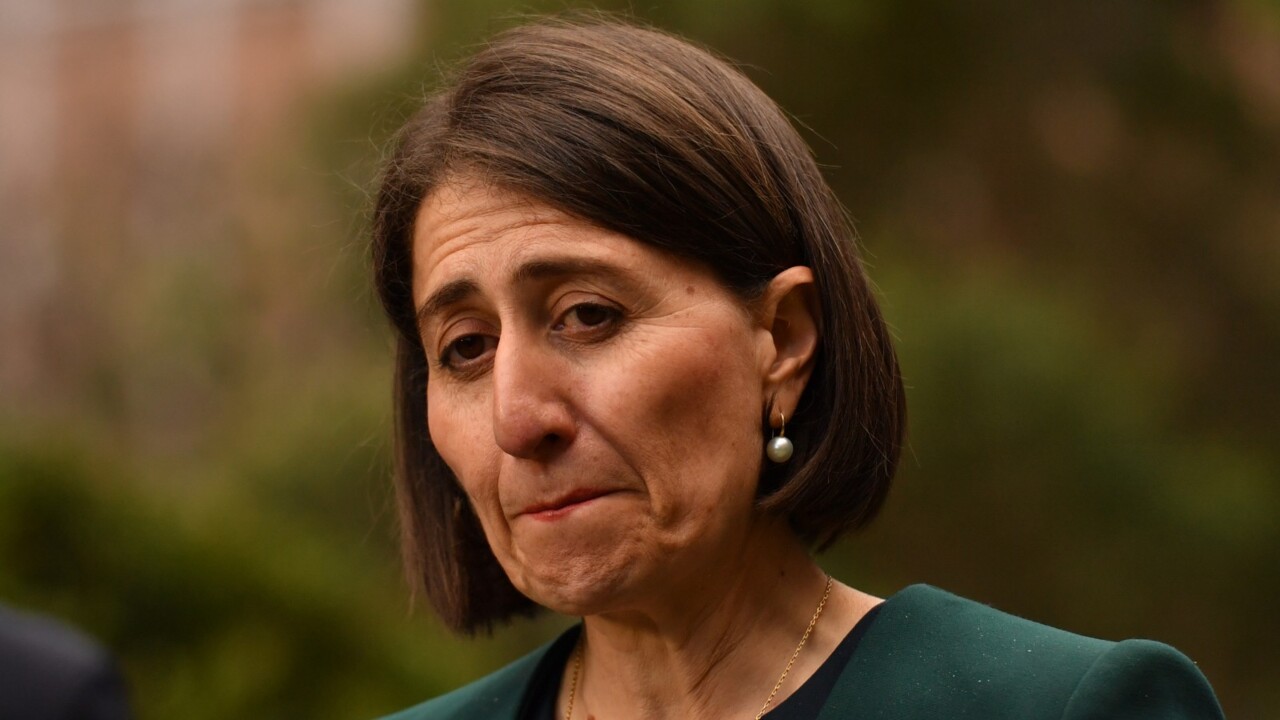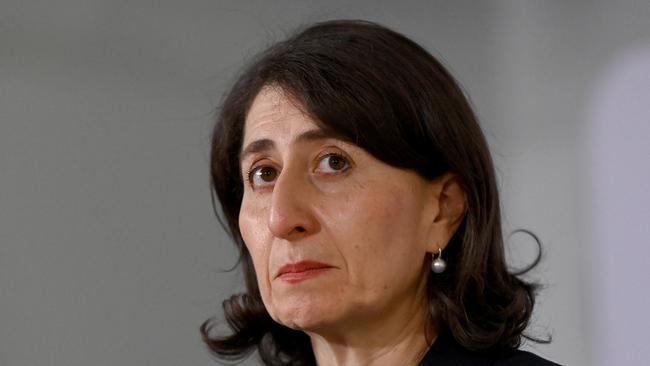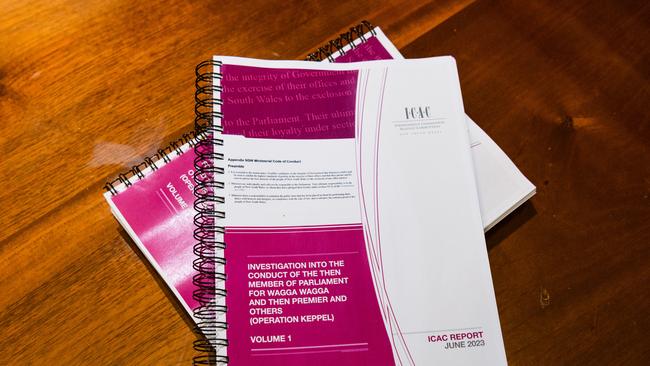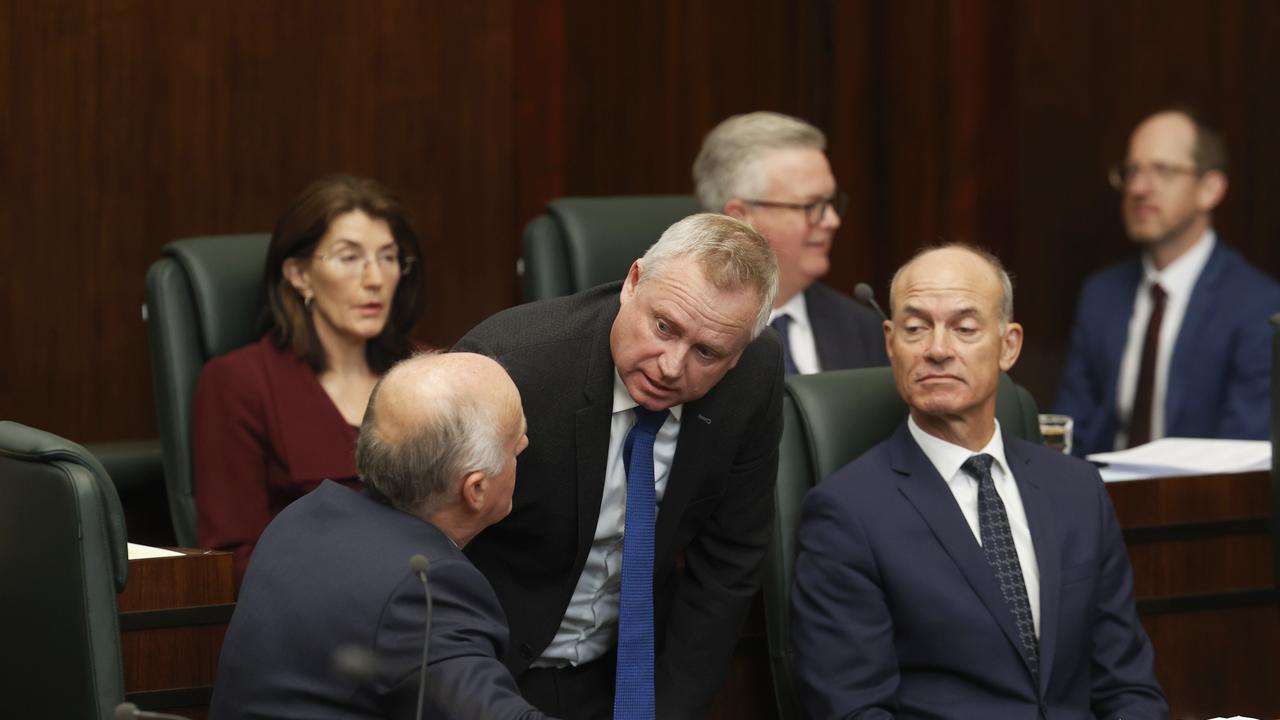Former NSW Premier Gladys Berejiklian to learn fate over ‘corruption’ finding
The former NSW Premier will learn today whether she has been successful in overturning ICAC’s findings that she engaged in ‘serious corrupt conduct’.

Former NSW Premier Gladys Berejiklian will on Friday learn whether the state’s highest court has overturned the Independent Commission Against Corruption’s findings that she engaged in “serious corrupt conduct”.
Ms Berejiklian earlier this year mounted a legal challenge to the ICAC’s findings that she breached the ministerial code by failing to disclose her relationship with her former partner, ex-MP Daryl Maguire.
She asked the NSW Court of Appeal to quash the watchdog’s finding that she engaged in “serious corrupt conduct”.
ICAC’s findings relate to the approval of two multimillion dollar grants in Mr Maguire’s former electorate of Wagga Wagga and her failure to disclose they were in a relationship.
The funding decisions related to a period between 2016 and 2018 when she was treasurer and later Premier.
The Court of Appeal will on Friday morning hand down its decision following a two-day hearing in February.

The former premier challenged the validity of the report on grounds that ICAC was acting beyond its authority under the ICAC Act.
Ms Berejiklian argued that the report was invalid because the term of former judge Ruth McColl had expired before she delivered the report.
Ms McColl, a former Court of Appeal judge, oversaw the hearing however her term as an ICAC assistant commissioner expired in October 2022.
She delivered her report, as a consultant, in June last year.
Ms Berejiklian argued because Ms McColl was not a commissioner at the time, it was not a valid report.
“The whole of the report was delivered in excess of jurisdiction,” Ms Berejiklian’s barrister Bret Walker SC said at a hearing earlier this year.
Barrister Stephen J Free SC, acting for the Independent Commission Against Corruption, argued at the February appeal hearing that there could be no doubt that the report was authored by the commission and not Ms McColl.

He argued that the report noted Ms McColl oversaw the public hearings.
Mr Free argued that the final report was issued on behalf of the commission.
Despite the adverse findings against her, ICAC did not recommend Ms Berejiklian be referred for criminal prosecution.
During a hearing earlier this year, Mr Walker argued that the fact Ms Berejiklian was not referred to the DPP should lead to questions about the findings.
Mr Walker also said there was no evidence that she was influenced by her relationship with Mr Maguire and argued that it did not amount to a conflict of interest.



